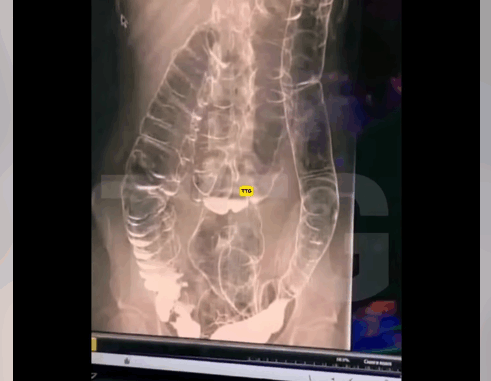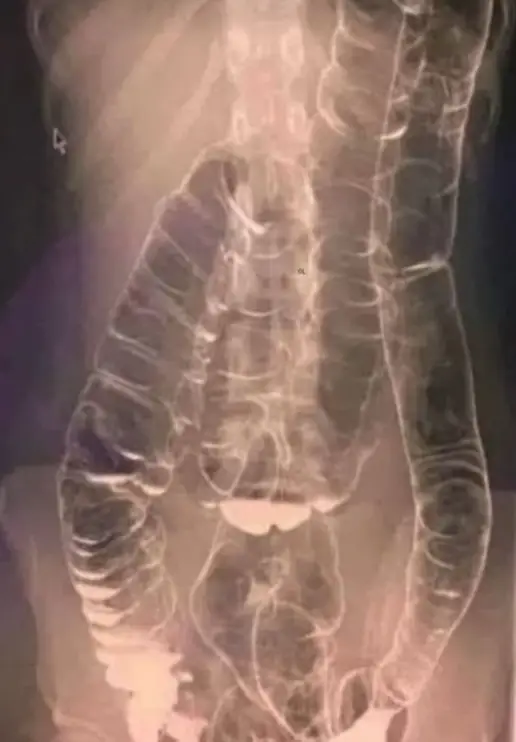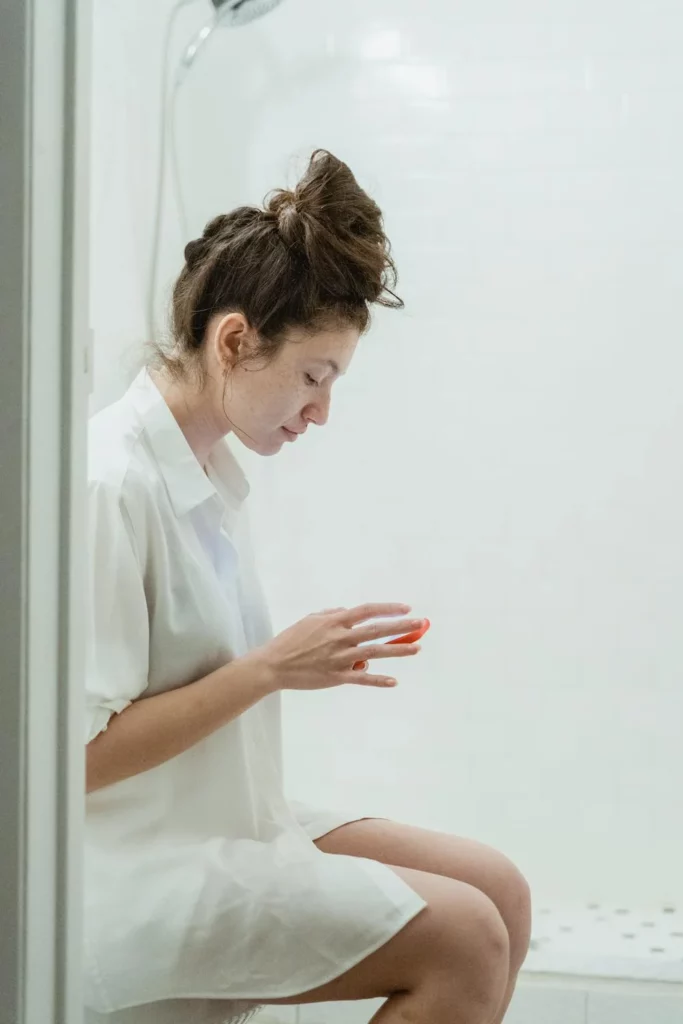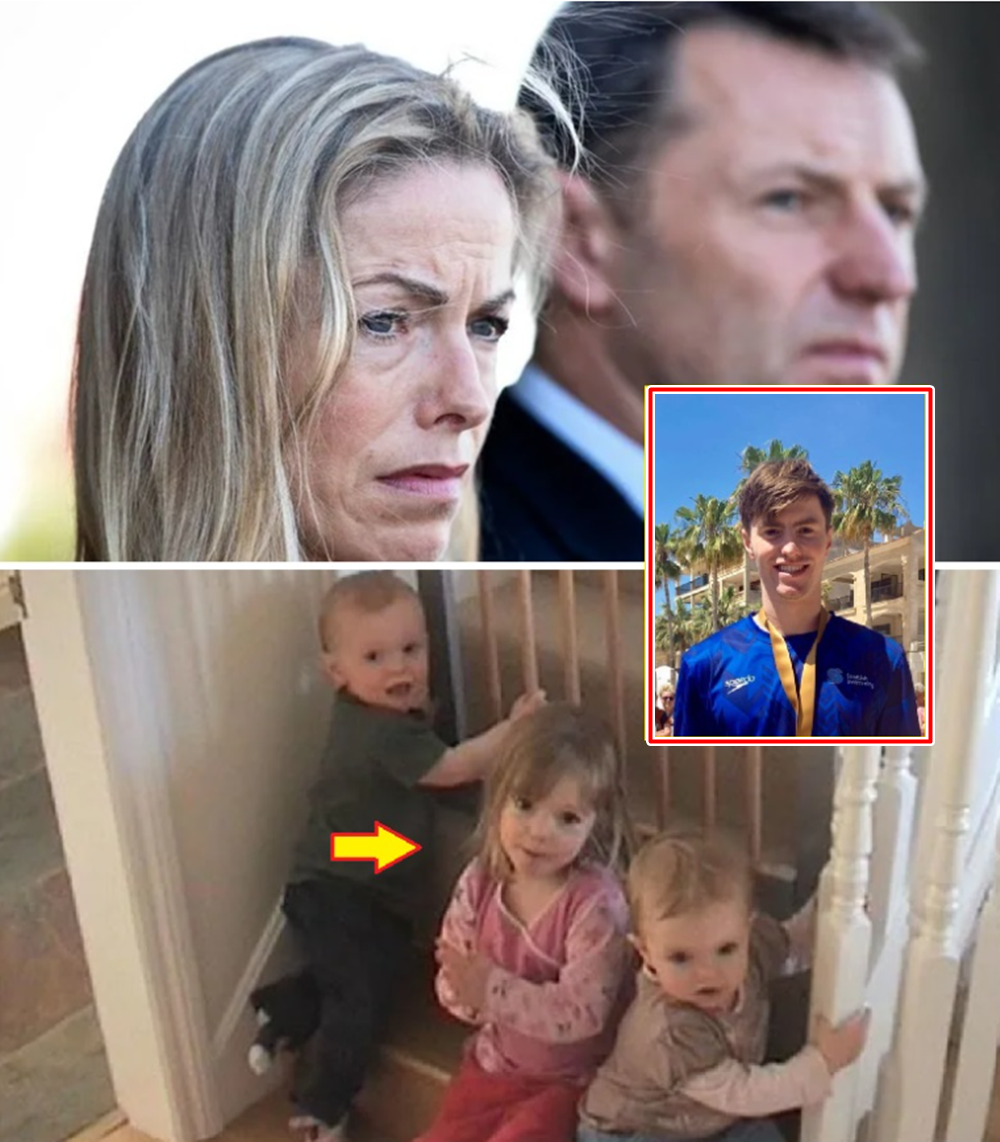
Chronic constipation can have serious negative health effects if ignored.
Our digestive system breaks down the food we consume, allowing the body to absorb essential nutrients. During digestion, unused food particles turn into waste in the form of stool, which is eliminated from the body during a bowel movement.
However, when a person experiences issues with the digestive system, one of the problems that arises is constipation. This condition can lead to abdominal pain, difficult bowel movement, and bloating.
The constipation can also be a result of changes in our diet.
The truth is that every person experiences constipation at some point in their life, but when it becomes chronic, it can lead to even more serious issues.
A startling X-ray photo of a woman who experienced two weeks of constipation shocked doctors.

Unable to accommodate the excessive buildup of waste, her colon enlarged significantly, reaching up towards the chest and close to the heart.
The chronic constipation led to the colon’s folds – that are vital to its functionality – to disappear.
This condition can easily lead to fatalities if left untreated.
In case of chronic constipation, several things happen. Among the rest, the colon may lose its capacity to compress and push feces forward when it is compelled to extend over its normal limit. Further, the toxins can get into the bloodstream, leading to reduced immunity, bloating, foul breath, acne, and chronic fatigue.
 Pexels
Pexels
Also, a person faces the risks of hemorrhoids – enlarged veins in the rectum – and anal fissures – microscopic tears in the anus that cause excruciating agony during bowel movements.
Bowel blockage, which is one of the most serious complications of chronic constipation, may also occur. This can cause complete obstruction of the intestines, further leading to severe infections and tissue death. If it comes to this stage, a surgery may be required.
Sadly, chronic constipation also increases the risks of colon cancer.  Pexels
Pexels
Some of the ways to prevent constipation from happening is balanced diet rich in fibers.
Another important aspect is staying hydrated, exercising regularly, and developing a consistent bathroom routine.
*Disclaimer: This information is for informational purposes only and not a substitute for professional medical advice, diagnosis, or treatment. Always consult your physician or healthcare provider with any questions about your health or medications. Do not disregard professional advice based on this information.
Please SHARE this article with your family and friends on Facebook.
Bored Daddy
Love and Peace
After 18 years of silence, Madeleine McCann’s brother has finally spoken out about that night — sharing memories and emotions that few expected. His words are now sparking strong discussions online, with reactions ranging from sympathy to criticism 
This candid reflection has opened up a new layer to the story. For years, the McCann case has been framed around the search for Madeleine and the international investigation that followed. But Sean’s words remind people that two other children lived through those same events and grew up carrying invisible scars of loss, confusion, and relentless media attention.
Public reaction to Sean’s comments has been deeply divided. Many people expressed compassion, acknowledging how difficult it must have been for him to grow up under such extraordinary circumstances. They praised him for finding the courage to share his truth and shed light on the personal challenges of living in a family defined by a global tragedy.
Others, however, have criticized the way his words were presented, arguing that his statements might reopen painful wounds or reignite debates about decisions made almost twenty years ago. For a family that has endured constant media scrutiny, some observers worry that Sean’s testimony could create new tensions.
Psychologists and family therapists who have commented on the story note that Sean’s perspective is not unusual. Children who grow up in the aftermath of trauma often carry unspoken burdens. In families where the spotlight falls on one child — particularly in cases of tragedy — siblings may feel unseen or overlooked. Over time, this silence can lead to feelings of resentment, guilt, or isolation.
Yet Sean’s reflections are not about anger alone. In fact, he stressed that he is not seeking blame or revenge. What he longs for most is healing. “We can’t heal unless we talk about what really happened that night,” he said. “Not just what happened to Madeleine, but what happened to all of us.”
That statement has resonated strongly with many readers. It highlights a truth often forgotten in high-profile cases: that behind every headline, there are families still living with the consequences long after the world has moved on. For Sean, the tragedy was not only the loss of a sister but also the silence that surrounded his own experiences as he grew up.

The disappearance of Madeleine McCann has remained an open wound in the public imagination, with countless theories, suspects, and investigations over the years. The Portuguese and British authorities have conducted multiple inquiries, and though leads have surfaced, none have led to definitive answers. Madeleine’s fate is still unknown.
Now, with Sean’s decision to break his silence, a different dimension of the story comes to light. Instead of focusing solely on the missing child, people are beginning to ask new questions: How did the surviving children cope? What was it like to grow up in the shadow of such a case? And what does healing look like for a family that has carried this weight for nearly two decades?
Sean’s words do not solve the mystery. They do not provide closure in the way that many have hoped for since 2007. But they do offer something else: a reminder of humanity, vulnerability, and the complexity of living with an unresolved loss. His decision to finally speak is less about uncovering facts and more about reclaiming his own story — one that has been overlooked for far too long.
In the end, Sean McCann’s testimony does not change the central question that has haunted the world for years: What happened to Madeleine McCann? But it does add a new one, equally important: What happens to the family that remains behind, and how do they find a way to heal?
By sharing his truth, Sean has opened a door to understanding not just the tragedy of a missing child, but also the silent struggles of those who continue to live in its shadow.